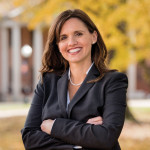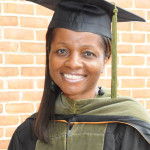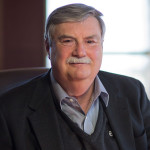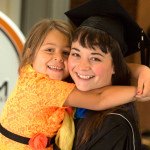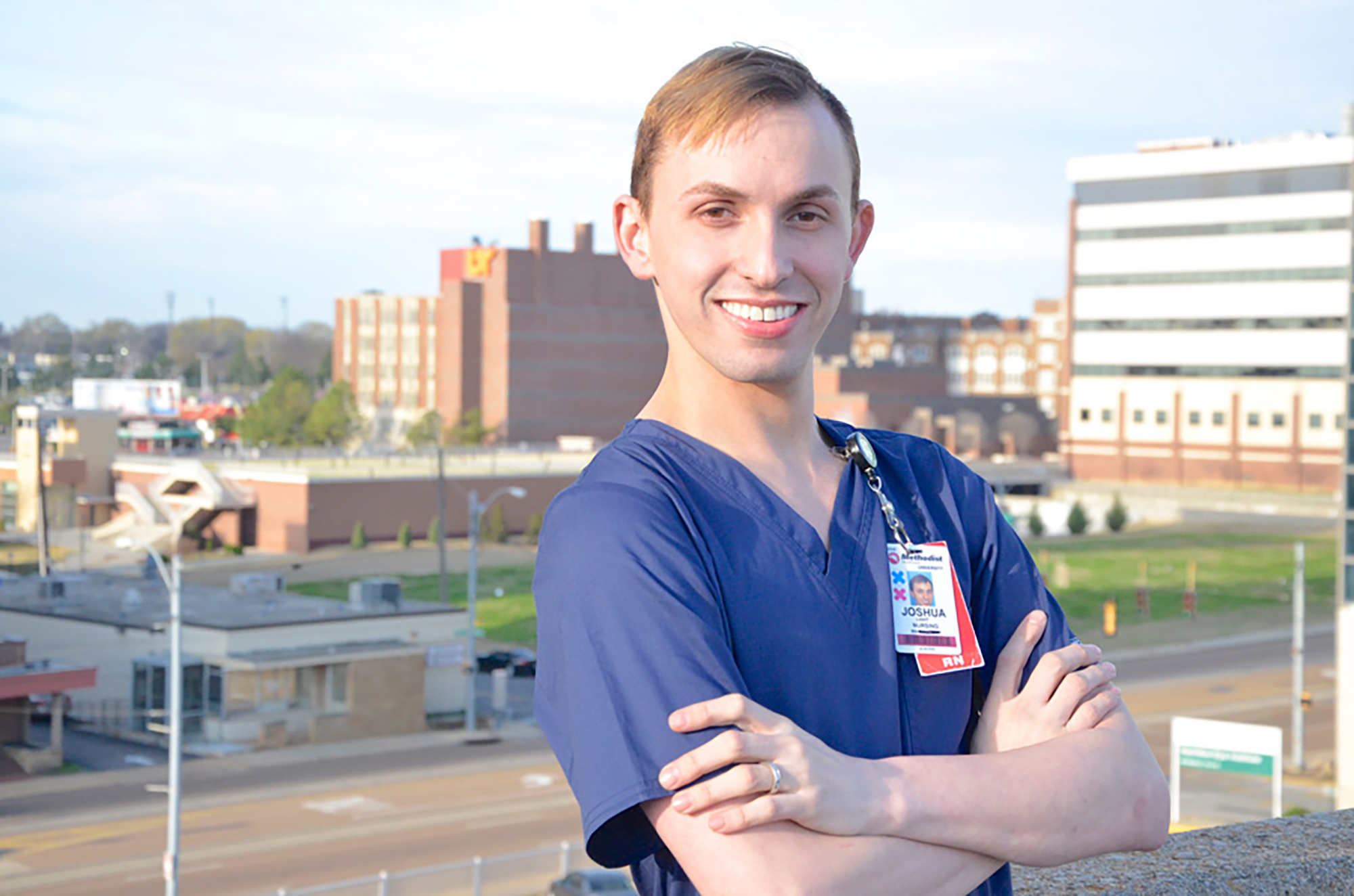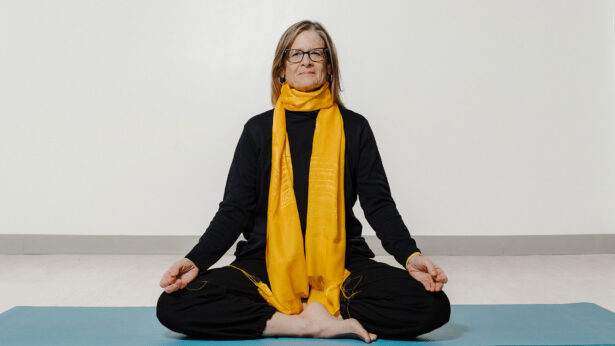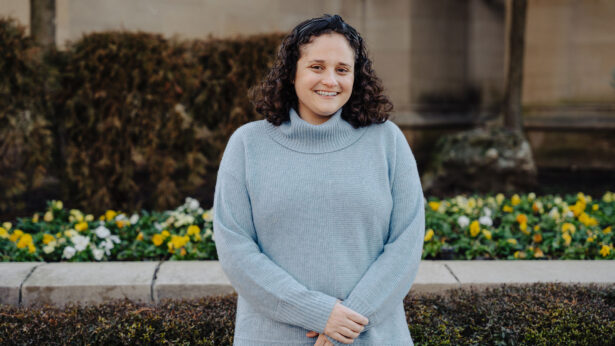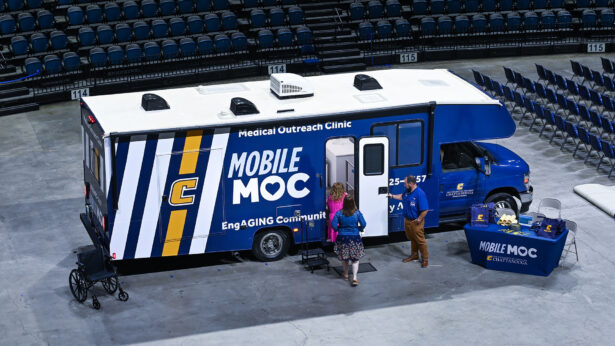By Peggy Reisser Winburne
If you told Joshua Light a few years ago that he would have a nursing degree and a good job at a Memphis hospital by the time he was 23, he probably would not have believed you.
The former sales associate from Bartlett, Tennessee, was among the first graduates of the reactivated bachelor of science in nursing program in the College of Nursing at UT Health Science Center (UTHSC). The BSN, established at UTHSC in 1950, has been inactive from time to time over the years and, most recently, was revived in November 2012 in response to requests from UTHSC’s hospital practice partners for more nurses at the bedside. Light graduated in December 2014 and almost immediately got a job on a medical/surgery/stroke/pulmonary floor at Methodist UT Hospital.
Light says his nursing degree “has provided a path for upward mobility, leading to financial independence and respected status as a professional.”
The degree has broadened his worldview and contributed his continued personal growth, he says. “Most importantly, it enables me to fulfill my lifelong passion of helping others and making a difference.”
Light says the accelerated, 17-month BSN program made him and his classmates attractive to employers and prepared him well for the demands of his new job.
“UT is an excellent program, from the staff to the campus to all the different extracurricular activities that they do for the students and for the community,” he says. “Any of the staff there would do anything for you. They will help you with whatever you need.”
After the inaugural BSN class graduated, all 35 members passed the National Council Licensure Examination (NCLEX) on the first attempt. State boards of nursing use the exam to certify that a candidate is prepared for entry-level nursing after completion of an accredited nursing degree. The 100 percent pass rate is quite an accomplishment. The average rate for Tennessee is 87 percent, and the national average is 81 percent.
Hallie Bensinger, assistant professor and director of the BSN/MSN programs at UTHSC, says the BSN program draws students from all walks of life.
“We’ve had people from retail, banking, teachers,” she says. “A lot of them will tell me, ‘I always wanted to be a nurse, but I wasn’t sure I could do it. After I started doing the job I trained for, I realized nursing was what I really wanted to do.’ ”
The BSN is the first professional degree in nursing and prepares students to continue their studies at the master’s and doctoral levels. That’s something Light hopes to do. “I’m going to pursue the doctor of nursing practice, and I want to specialize as a psychiatric nurse practitioner,” he says.
More in this Issue:
